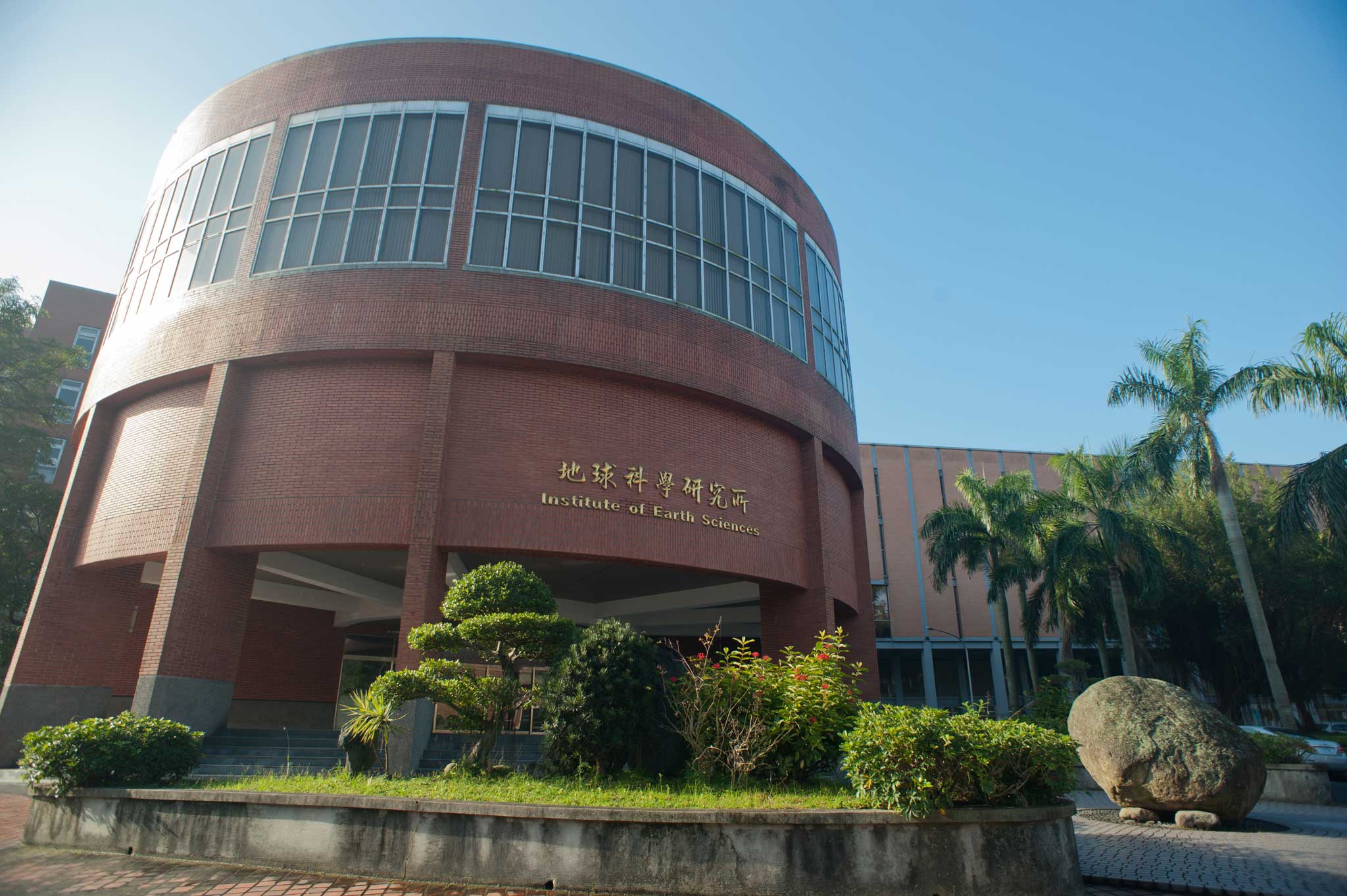
地球科學研究所成立於西元1982年,本所常規性與各大學進行地球科學合作研究計畫。雖然沒有直接的教學任務,但也積極參與各層級的教育訓練與推廣,並協助參與本院在地球科學系統方面的國際研究生學程TIGP之博士生培育計畫。
針對全球及台灣地區的地球科學議題,本所的研究包括兩大部份:地球物理和地球化學。地球物理研究特別著重於觀察和理論地震學。此外,地磁學方面的研究及近年來在測地量學的應用,也有長足的發展。新的研究發展包括地函動力構造模擬計算、熱流、太空遙測。在地球化學的方面,包括放射性和穩定性同位素分析、地質和宇宙礦物學、火山和地體構造學、陸地及海洋地質定年技術。
單位名稱
Institute of Earth Sciences
中文名稱
地球科學研究所
創立日期
1976

